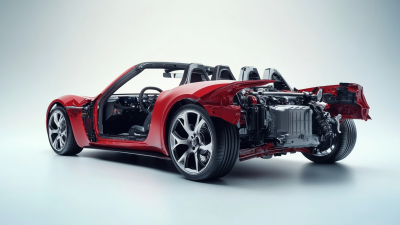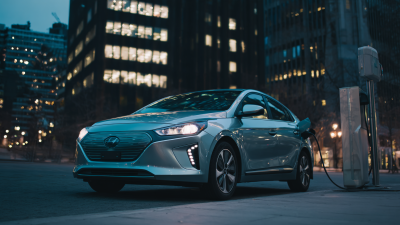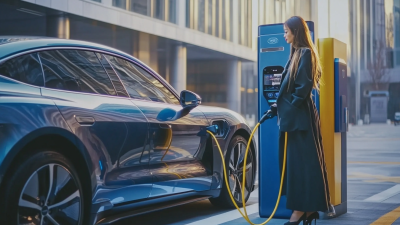Leave Your Message
As urbanization accelerates and environmental concerns intensify, the focus on sustainable transportation solutions has never been greater. The electric automobile (EV) market is witnessing an unprecedented transformation, underpinned by innovations in battery technology and smart features designed to enhance user experience. According to a report by the International Energy Agency, the global electric vehicle fleet surpassed 10 million units in 2020, marking a 43% increase over the previous year. Moreover, the market is projected to grow substantially, with estimates suggesting that EVs could account for as much as 30% of total vehicle sales by 2030. The integration of cutting-edge technology is not only revolutionizing commutes but also paving the way for a more sustainable future. As we explore the latest advancements in electric automobiles, it becomes clear that these innovations are reshaping how we think about transportation, efficiency, and the environment alike.
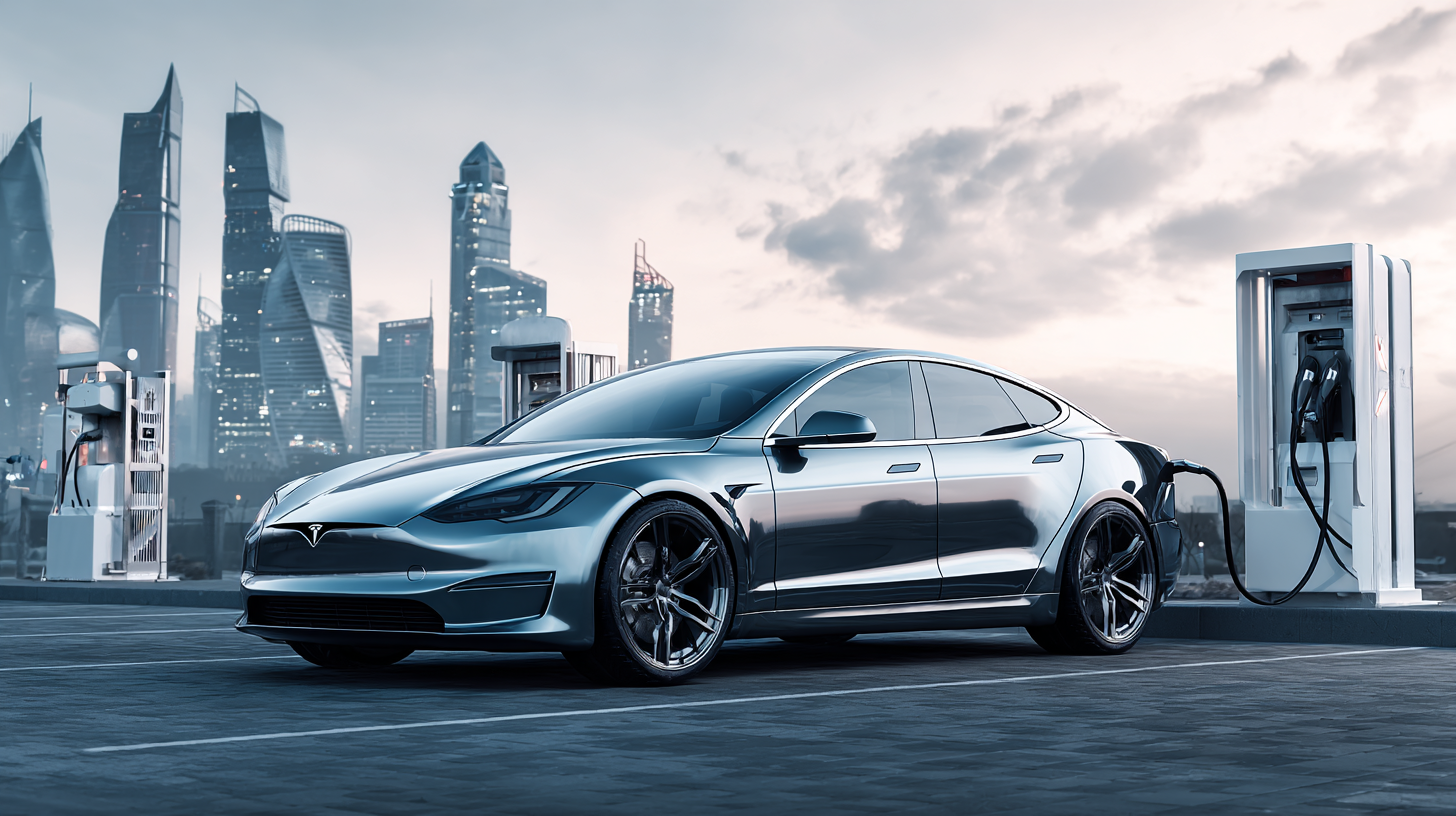
The electric vehicle (EV) market is undergoing a revolutionary transformation, marked by innovative trends that promise to redefine the future of transportation globally. Countries like China are at the forefront of this evolution, significantly investing in technology to expand their EV territories. As production scales up, particularly in battery electric and plug-in hybrid vehicles, the industry is expected to see exponential growth. Reports indicate that over 17 million electric cars were produced in 2024 alone, a strong testament to the shift in consumer preferences toward eco-friendly vehicles.
In India, the EV market is gaining momentum as consumers are increasingly prioritizing sustainable options, despite challenges such as inadequate infrastructure and higher initial costs. Future forecasts suggest that advancements in battery technology and government incentives will propel the adoption of electric vehicles in India further. To successfully navigate this changing landscape, consumers should stay informed about emerging technologies, including fuel cell electric vehicles and smart charging solutions, which are vital for enhancing the overall driving experience.
Tips: When considering an electric vehicle, assess your driving habits and charging options available in your area. Opt for models that offer advanced battery technology to ensure better efficiency and longer ranges. Additionally, keep an eye on government policies that may provide financial benefits for EV adoption.
The rise of autonomous features in electric automobiles is set to dramatically transform daily commuting experiences. According to a report by McKinsey, nearly 70% of consumers express interest in self-driving technology, highlighting a significant shift in public perception and readiness for these innovations. This surge in interest could be attributed to the promise of reduced traffic congestion and enhanced safety, with estimates suggesting that autonomous vehicles might reduce traffic accidents by up to 90% once fully operational.
Incorporating advanced sensors and artificial intelligence, today's electric vehicles are not only designed for efficiency but also equipped with features such as adaptive cruise control and lane-keeping assistance. A study by the Institute of Transportation Engineers indicates that these technologies can lower commuting stress by allowing drivers to focus more on their surroundings rather than the minutiae of driving. Additionally, as urban populations grow, it’s projected that autonomous electric vehicles could account for 25% of all miles traveled by 2030, fundamentally reshaping the way we think about our daily commutes and urban planning.
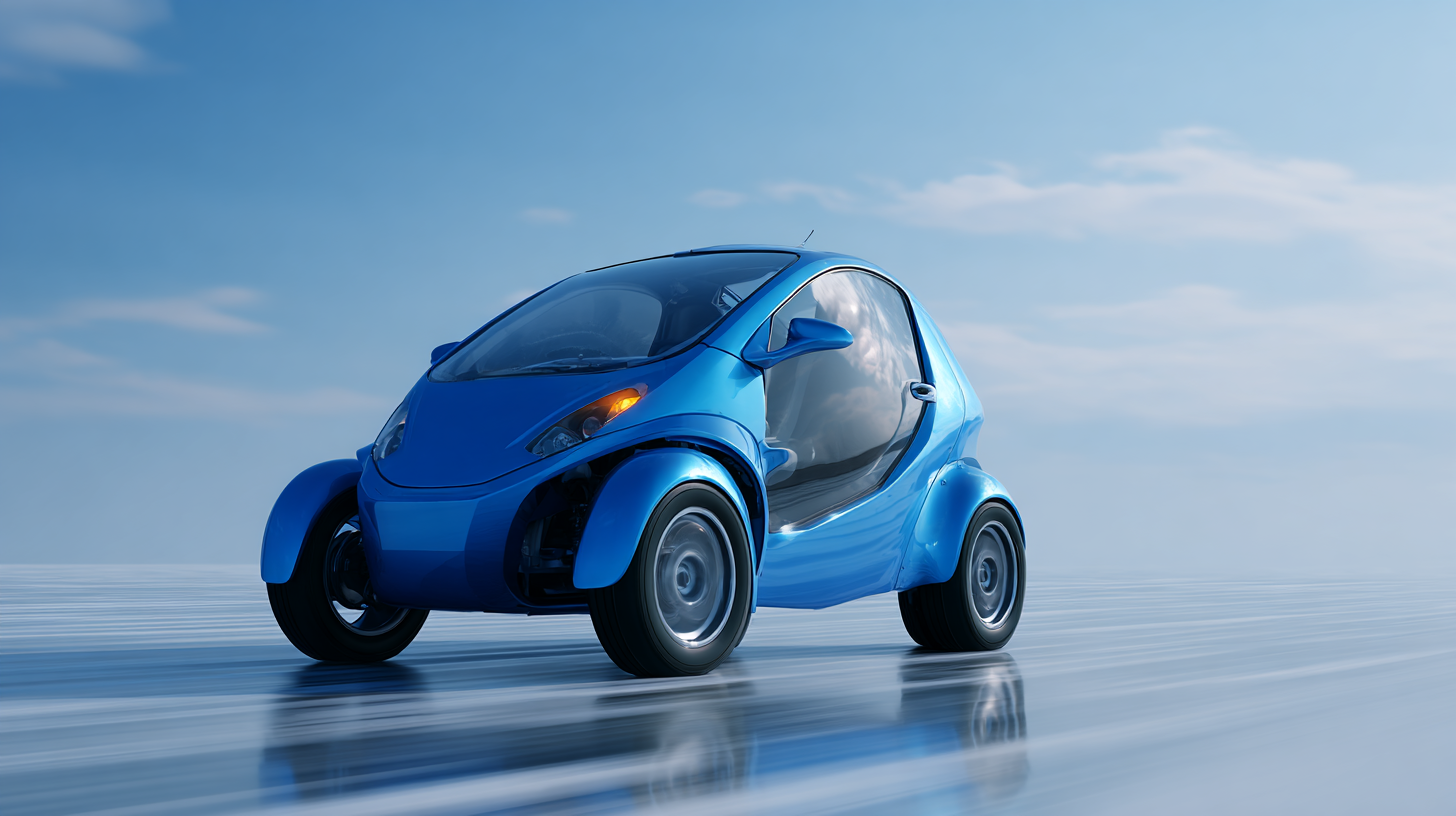
As the world grapples with the pressing issue of climate change, sustainability has become a defining factor in transportation innovations. Electric automobiles stand at the forefront of this revolution by significantly reducing carbon footprints. Unlike traditional gasoline vehicles, electric cars produce no tailpipe emissions, thereby directly contributing to cleaner air and diminished greenhouse gas emissions. This shift not only benefits individual health but also has broader implications for urban environments where air quality and pollution levels are critical concerns.
Moreover, the sustainability of electric cars extends beyond their immediate emissions. The efficiency of electric vehicles means they consume less energy per mile than their fossil-fuel counterparts. As renewable energy sources such as wind and solar become more integrated into the grid, the impact of electric cars on carbon emissions will continue to decrease. Innovations in battery technology and charging infrastructure further enhance this positive trend, indicating a bright future for sustainable commuting options. By embracing electric vehicles, society can take significant strides towards a greener, more sustainable world.
The evolution of electric vehicles (EVs) is transforming the daily commute, particularly with advancements in charging technologies. Innovative charging solutions are set to make travel more effortless than ever before, enabling drivers to recharge their vehicles quickly and conveniently. For instance, ultra-fast charging stations now allow EVs to gain significant range in just a matter of minutes, making long journeys less daunting. With the rollout of these charging stations across urban centers and highways, range anxiety is becoming a thing of the past.
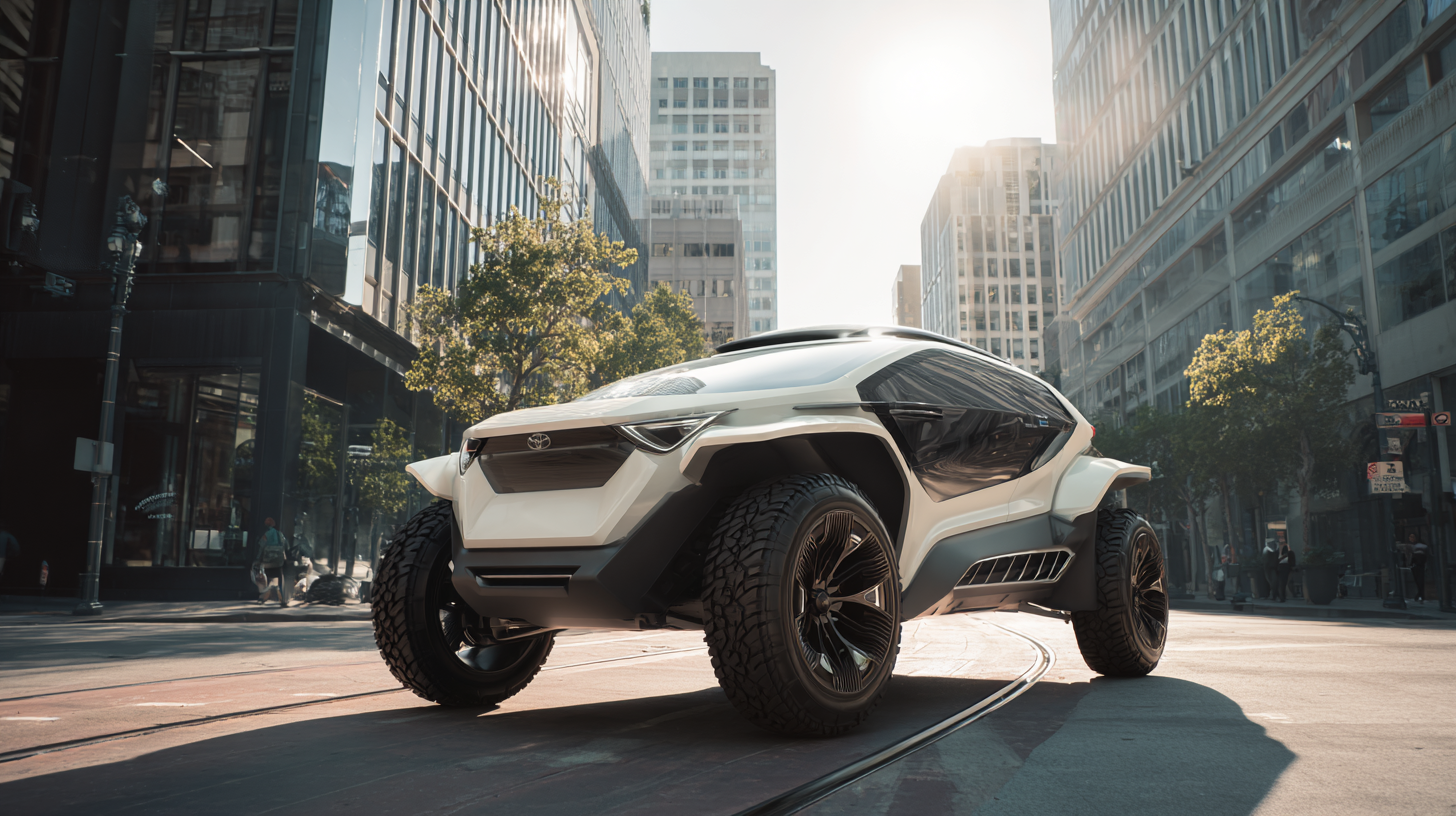
The automotive industry is undergoing a significant transformation, particularly in the realm of electric vehicles (EVs). A key aspect of this evolution is the focus on user-centric designs that prioritize the driving experience. According to a report by McKinsey, over 60% of consumers indicate that interior comfort and technology integration are crucial factors influencing their purchasing decisions in EVs. This shift is not only enhancing the satisfaction of existing users but is also attracting new customers who may have previously been reluctant to consider electric vehicles.
Innovations such as advanced infotainment systems, customizable ambient lighting, and ergonomic seating are becoming standard in many new EV models. For instance, a recent survey from the International Council on Clean Transportation (ICCT) revealed that 75% of EV owners are satisfied with their vehicle's technology features, which significantly contributes to overall happiness with their purchase. Furthermore, manufacturers are investing heavily in personalized interfaces and smart technology to minimize distractions and enhance user interaction.
As these user-centric approaches become mainstream, the driving experience in electric automobiles is being revolutionized, making them not only more appealing but also safer for everyday commuters.
